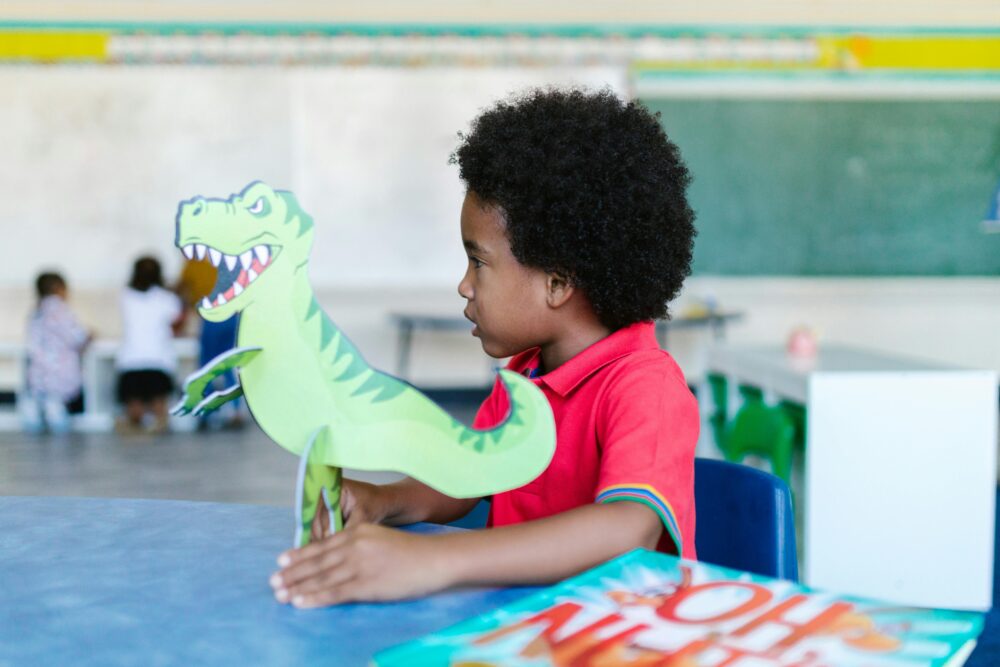1,200 NYC Preschoolers with Disabilities Went Without Seats in Preschool Special Education Classes Last Year
Advocates for Children of New York issued the following response to the NYC Department of Education’s first release of preschool special education data required pursuant to Local Law 21 of 2020.

Data released by the DOE show that at the end of the 2019-2020 school year, 1,215 preschoolers with disabilities were waiting for seats in legally mandated preschool special education classes in violation of their legal rights. While the City and State have been expanding seats in general education prekindergarten classes, they have not met their basic legal obligation to provide preschool special education classes for children with disabilities who need them.
“The City and State continue to expand prekindergarten while preschoolers with the most significant needs are stuck waiting for seats in violation of their legal rights,” said Kim Sweet, Executive Director of Advocates for Children of New York. “Parents of students with disabilities want to know why their children always come last.”
“The State and the City must end this civil rights violation,” said Randi Levine, AFC’s Policy Director.
As a first step, before the NYS legislative session ends, the State Legislature should take action to help stop preschool special education programs run by community-based organizations from closing—a significant contributing factor to the shortage of seats. A. 8013 (Benedetto)/ S. 6516-A (Mannion) would provide preschool special education programs with a payment rate increase on par with the total school aid increase the Legislature approved for school districts—following years of underinvestment in preschool special education programs. While the NY State Education Department requested a 7% increase for preschool special education programs, on par with the increase for school districts, the State Division of Budget has approved only a 4% increase.
On the City level, while we are pleased that the Mayor included funding in his budget proposal for preschool special education, including funding to open new integrated preschool classes and hire inclusion specialists in the coming year, none of the initiatives to address the shortage of preschool special education classes would take effect until the 2022-2023 school year—leaving preschoolers with the most significant disabilities waiting another year. Furthermore, two years ago, the City reached an early childhood “salary parity” agreement to pay prekindergarten teachers at community-based organizations the same starting salaries as public school teachers as of October 2021, but excluded teachers of preschool special education classes from this agreement, leading preschool special class teachers to flock to other settings and leaving children with disabilities without teachers. The City must commit to salary parity for preschool special class teachers in the final budget this year.
“We continue to hear from families desperate for help because their children with autism or other complex disabilities have no preschool seats available at the time in their lives when intervention can have the greatest impact,” said Kim Sweet. “It’s time for the City and State to listen and respond.”


